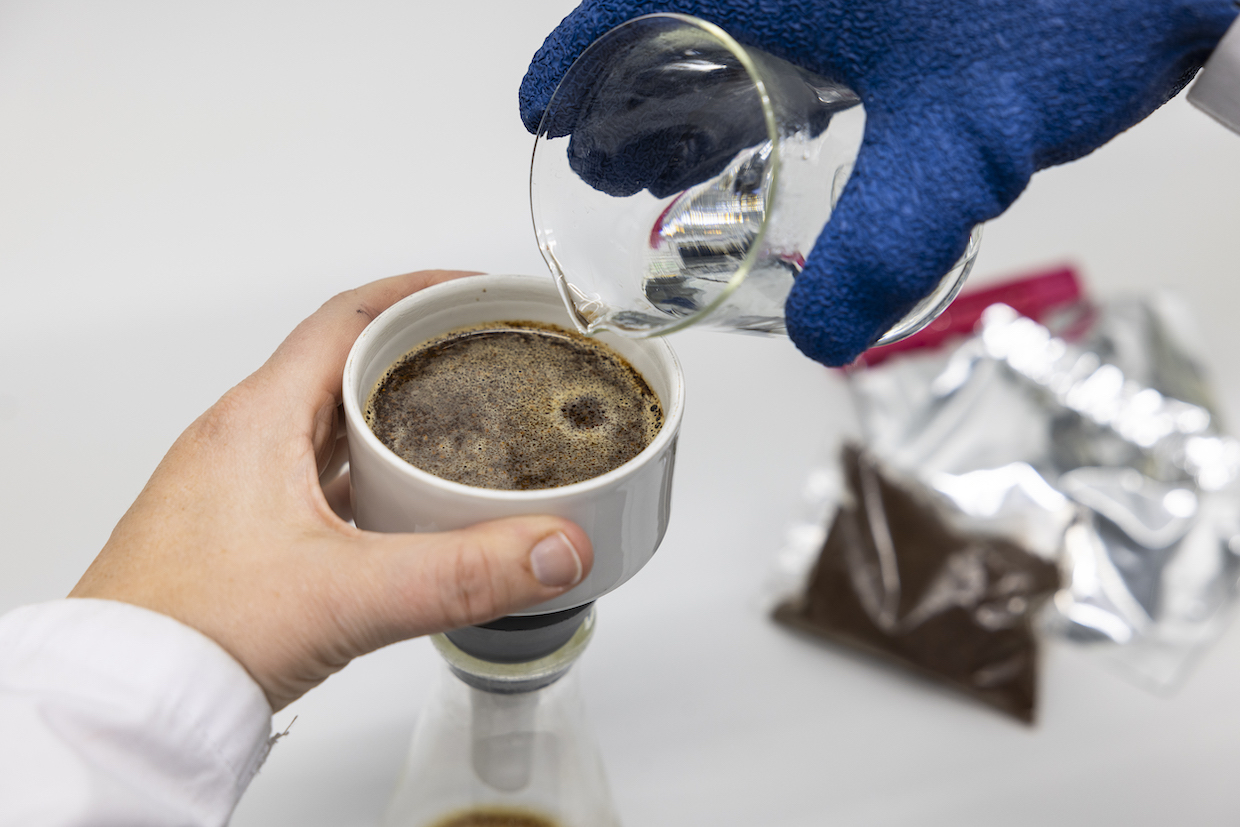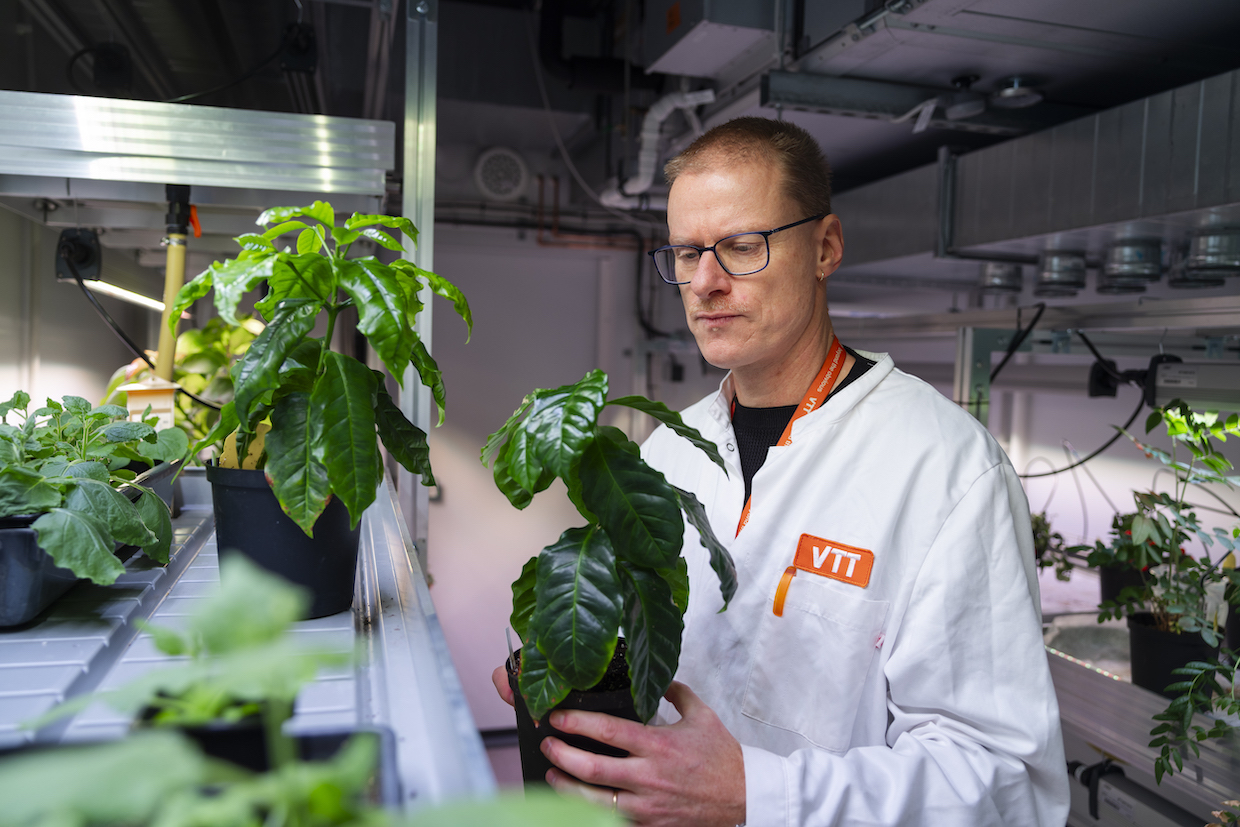[ad_1]
Scientists in Finland have shed new light on the process of making, roasting and analyzing lab-grown cellular coffee.
Researchers at the VTT Technical Research Center of Finland — a state-owned agency that partners with the private sector — first announced their production coffee-bio-stuff grown from arabica cells in a lab two years ago.
In a “proof of concept” paper published in the Journal of Agricultural and Food Chemistry today, the researchers present their methods and findings in sharper detail, while further suggesting lab-grown coffee should be explored for commercial applications.
To be clear, the VTT project is focused on providing coffee bio-material for roasting and/or brewing, as opposed to plant breeding.
The VTT project nods to the 1974 work of Canadian scientist P.M. Townsley, who was the first person to roast cell-grown coffee and report on its aromatics. Yet it reflects a more contemporary interest in the field of “cellular agriculture,” in which animal or plant cells are treated in bioreactors to create biomass — such as meat or plant matter — that is similar to what might be created through traditional agricultural practices.
Supporters of cellular agriculture typically pitch it as a more sustainable alternative to natural resource and labor intensive agricultural activities. The research team in Finland notes that climate change is eliminating the current land suitable for arabica production, despite steady or rising global demand for coffee.
“Biotechnology bears potential to tackle both challenges simultaneously — reducing environmental impact while sustaining production,” the authors of the VTT study wrote.
Led by VTT Principal Scientist and Head of Plant Biotechnology Heiko Rischer, the study explored various characteristics of the cellular coffee powder, as grown in bioreactors.
Measuring it against samples of commercially roasted non-lab coffee and traditional green coffee, the researchers found promising results through the processes of roasting and brewing, taking notes on the lab-grown coffee’s chemical composition, color and sensory attributes.
“The current study focused only on a simplified proof of concept of cell-based coffee and did not include all possible processing steps (i.e., fermentation) or their optimization (e.g., roasting), meaning that a great potential remains in developing the coffee cell production and processing protocol further in order to improve the cell-based coffee,” the study states.
Through promotional materials surrounding the study, the researchers made it clear they are in search of private partners in order to continue moving the lab-grown coffee activities forward.
In a press release, Rischer stated, “Our wish is that the publication of this paper, which clearly demonstrates proof of concept for lab-grown coffee, nudges forward the creation of an ecosystem or a collective that has the resources, know-how, and drive to pioneer an entirely new type of coffee.”
Does your coffee business have news to share? Let DCN’s editors know here.
More From DCN
[ad_2]
Source link














